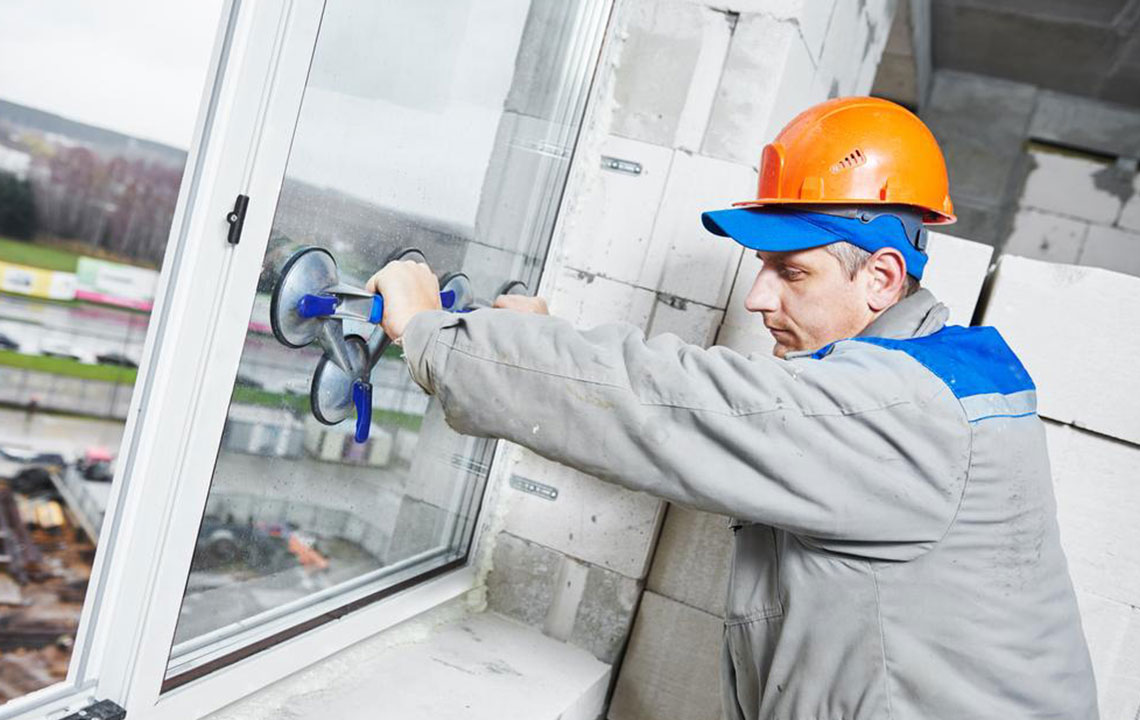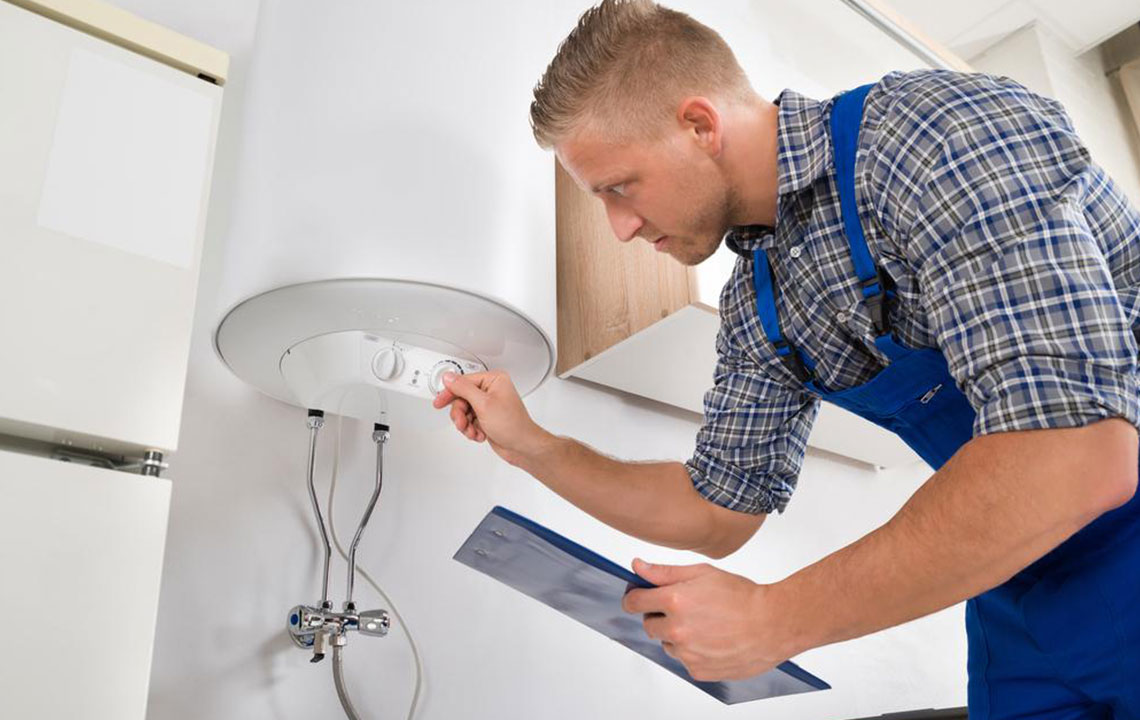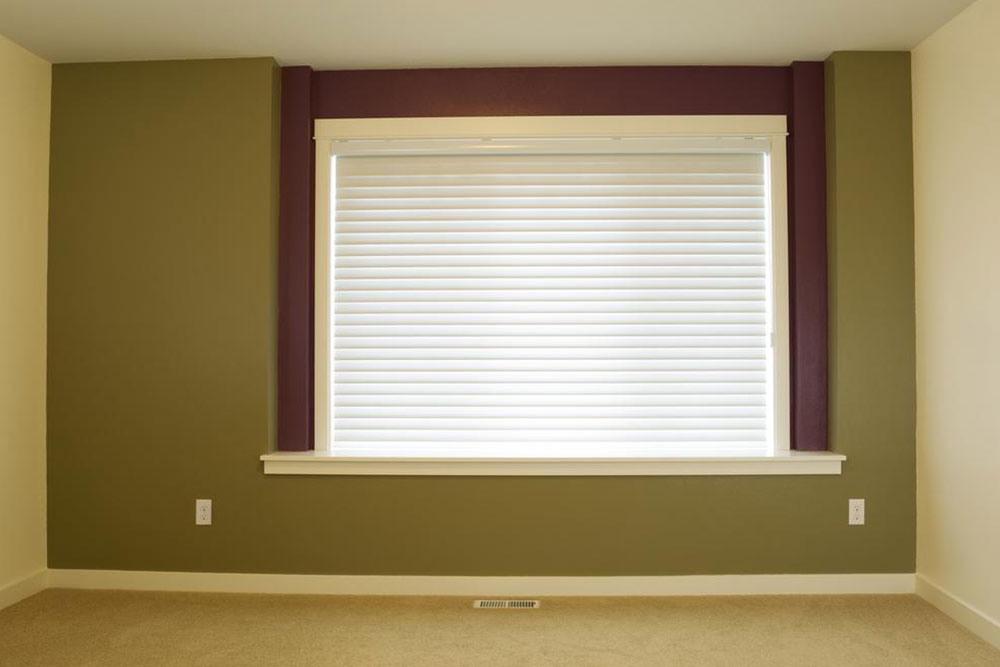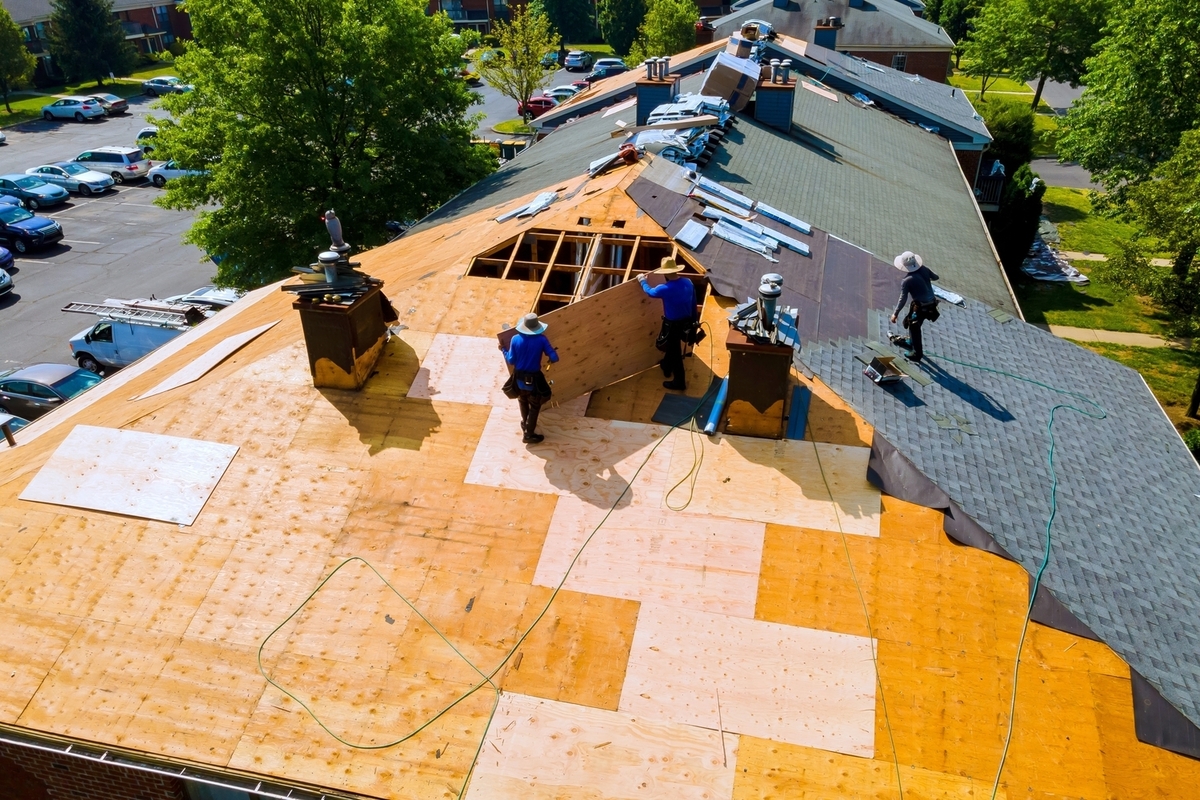Comprehensive Guide to Estimating Costs for Heat Pump Installation
Learn everything about estimating the costs of heat pump installation, including factors influencing pricing, types of systems, and tips for maximizing savings through incentives. This detailed guide helps homeowners plan their investment wisely and choose cost-effective options for energy-efficient climate control.
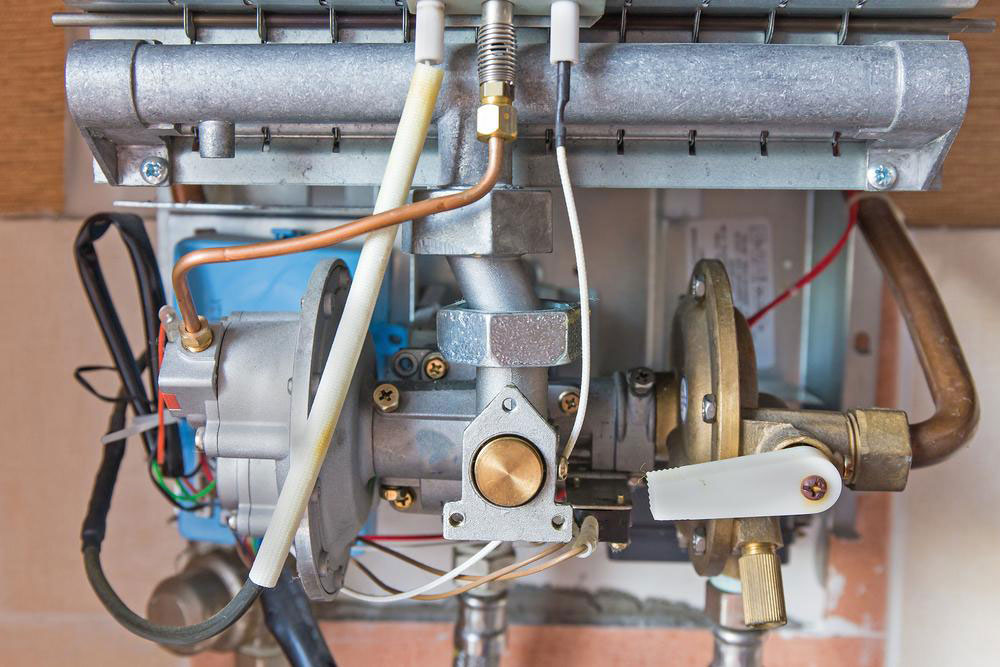
Comprehensive Guide to Estimating Costs for Heat Pump Installation
Investing in a heat pump system is an excellent decision for homeowners aiming to enhance energy efficiency and reduce monthly heating and cooling expenses. These systems effectively combine an air conditioner and furnace into a single unit, offering year-round climate control while saving energy costs over time. Understanding the costs associated with installing such a system is crucial for making informed financial decisions. Typically, the installation expenses for heat pumps vary widely based on several factors, including the type of system selected, the complexity of installation, geographic location, and potential available incentives.
The initial investment for heat pump installation generally falls within the range of $3,500 to $7,000. However, this estimate can fluctuate depending on the specific system features, installation requirements, and labor costs. For example, geothermal heat pumps tend to be more expensive due to the extensive underground installation process, which involves excavation and the installation of ground loops. Conversely, air-source heat pumps typically have lower installation costs but may offer slightly less efficiency in extreme weather conditions. Despite the higher upfront costs, the long-term savings on energy bills and potential tax incentives often justify the investment.
Several pivotal factors influence the overall cost of heat pump installation, making it vital to evaluate each aspect thoroughly before proceeding. A comprehensive understanding of these factors can help homeowners make better choices, find competitive quotes, and avoid unforeseen expenses during the project. Here are some key considerations:
Type of heat pump: The market offers a variety of systems, each with distinct features and price points. Options include geothermal (ground-source) units, which require underground loops, and air-source units, which are simpler to install. The choice of brand, capacity, and efficiency ratings also impacts the cost.
Installation process complexity: Costs cover not just equipment purchase but also labor, site preparation, and any modifications needed to accommodate the system. For geothermal installations, excavation costs for ground loops significantly influence the overall expense. Additionally, the process of routing pipes, electrical wiring, and system testing can vary based on the property’s layout.
Materials and accessories: Essential components such as fittings, piping, electrical connections, and mounting hardware add to the total cost. Ground-source systems usually require more extensive materials, adding to both material and labor expenses.
Site-specific factors and additional costs: Factors like the property's accessibility, soil type, and landscaping can impact the installation process. Extra fees may also be incurred for specialized tools or techniques, such as drill bits for deep excavation or brazing kits for pipe connections.
Furthermore, homeowners should consider potential incentives and rebates offered by government agencies or utility providers, which can significantly offset the installation costs. Many regions provide tax credits for renewable energy installations, making the investment more affordable. Consulting with multiple licensed contractors allows you to compare estimates, ensure compliance with local building codes, and select the most cost-effective solution tailored to your needs.
In summary, while the initial costs of installing a heat pump can seem substantial, the long-term benefits—including reduced energy bills, environmental sustainability, and available financial incentives—make it a worthwhile investment. By understanding the key factors that influence costs, homeowners can effectively plan their budget, choose the most suitable system, and enjoy the comfort and savings a heat pump provides.

